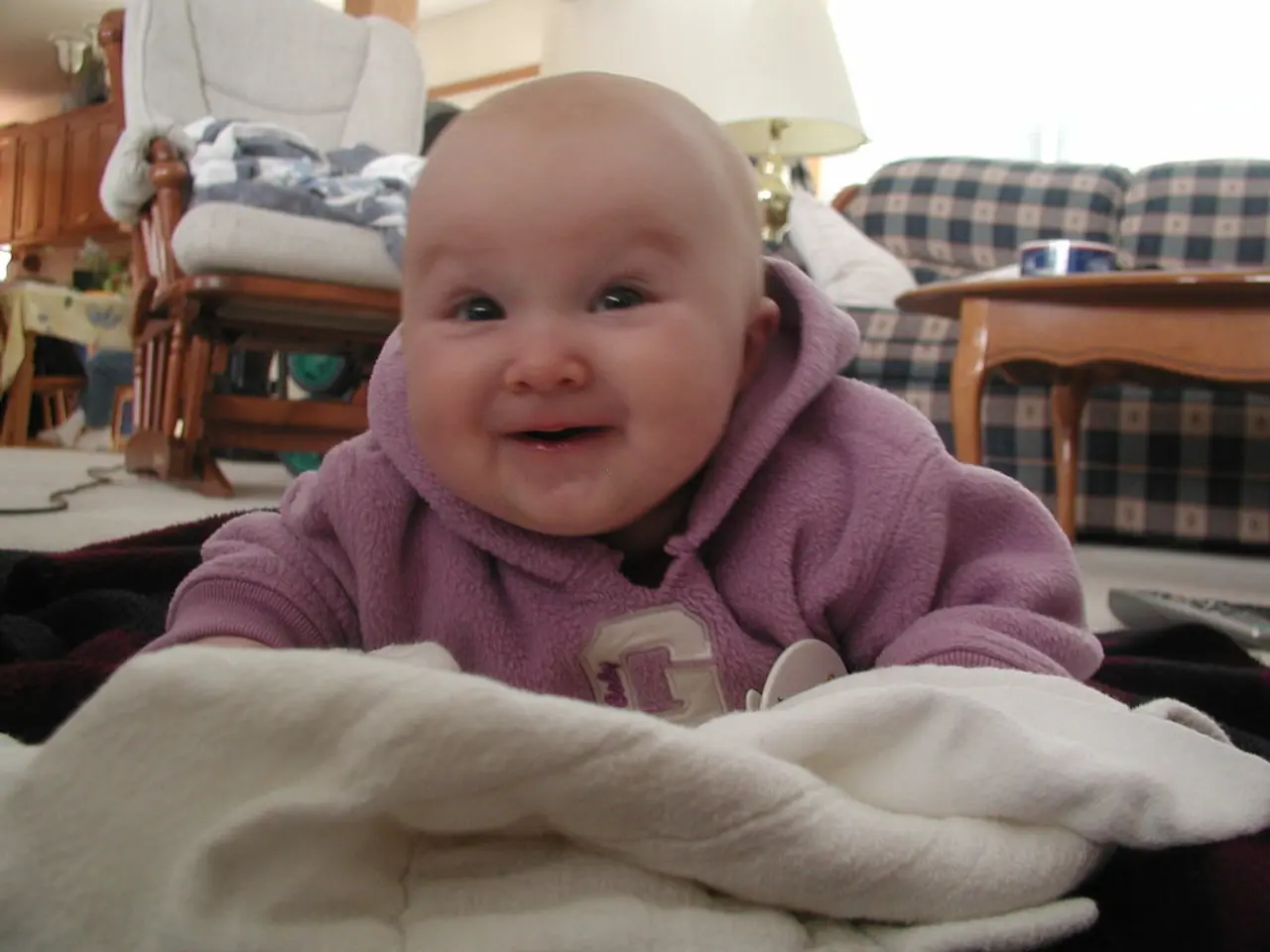Reflections by Dr. Rosi on Recognizing and Addressing Depression in Adolescents
Adolescent depression is a challenging and debilitating disease that requires immediate diagnosis and treatment. Thankfully, a variety of treatment options are available to help teenagers manage this condition and regain their health.
FDA-Approved Medications
Antidepressants may be prescribed when necessary to help balance brain chemicals affecting mood. However, it's important to note that these medications require close monitoring by healthcare providers for effects and dosage adjustments. While specific FDA-approved antidepressants for adolescents are not detailed, selective serotonin reuptake inhibitors (SSRIs) such as fluoxetine are commonly used in clinical practice.
Psychotherapy
Cognitive-behavioral therapy (CBT) and interpersonal therapy (IPT) are first-line, well-established non-medication treatments with proven efficacy in helping adolescents manage depressive symptoms. By addressing negative thoughts and interpersonal issues, these therapies can significantly improve a teenager's mental health.
Lifestyle Changes
Encouraging regular physical activity, a balanced diet, and adequate sleep supports overall mood regulation and well-being in teens with depression. These lifestyle changes, while simple, can make a substantial difference in a teenager's life.
Emerging Therapies - Transcranial Magnetic Stimulation (TMS)
In March 2024, TMS received FDA clearance for use as an add-on therapy to treat major depressive disorder in adolescents ages 15 to 21. Real-world studies show strong antidepressant effects in adolescents and young adults treated with TMS, comparable to results in adults. The NeuroStar TMS system is noted as the first FDA-cleared device for this purpose, with increasing adoption in the adolescent population.
Additional Investigational Treatments
Research is ongoing for novel interventions such as Sudarshan Kriya Yoga (SKY), a breath-based meditation technique under clinical evaluation for efficacy and mechanism in adolescent depression. This represents a potential adjunctive, non-pharmacologic treatment.
In summary, adolescent depression treatment currently involves psychotherapies like CBT and IPT, lifestyle modification, FDA-approved antidepressant medications when indicated, and increasingly accessible FDA-cleared TMS for ages 15-21. Emerging therapies such as breath-based interventions are under active investigation. Consultation with a healthcare professional is essential to tailor treatment to each adolescent’s needs.
Dr. Kevin Rosi, a specialist in treating mood and anxiety disorders in children, adolescents, and young adults, employs a holistic approach for treatment, combining pharmacologic and non-pharmacologic methods such as psychotherapy, neuromodulation, and healthy living habits. With a Child & Adolescent Psychiatry Fellowship from Stanford University and a visiting fellowship in Transcranial Magnetic Stimulation at Duke University, Dr. Rosi's expertise extends to early onset Bipolar Disorder, ADHD, eating and developmental disorders, behavioral disorders, and impulse control and psychotic disorders.
If Adolescent Depression is diagnosed, a review of medication and non-medication treatment options is necessary. A strong support system is important for the adolescent, making treatment a "team approach". If the answers to these questions are concerning, the radar for depression should be high.
Seeking professional assistance is essential for clarifying the diagnosis, typically from a psychologist or psychiatrist with experience in treating children and adolescents. A TMS trial for Adolescent Depression is underway, with results expected to be published this year, involving Dr. Rosi in the research. A Child and Adolescent Psychiatrist can assess symptoms, provide a diagnosis, and create a treatment plan with the goal of symptom elimination and restoring health. Dr. Rosi emphasizes open communication and education to build a trusting working relationship with his patients.
Identification of Adolescent Depression involves observing an adolescent's coping methods, daily routine, grades, peer interactions, and family activity engagement. Prior to joining a certain platform in 2015, Dr. Rosi served over eight years in a community mental health outpatient clinic and maintained a private practice in Davis, California. New medications and a new treatment called Neuromodulation, particularly Transcranial Magnetic Stimulation (TMS), are in development.
Medication and therapy are common forms of treatment, with potential benefits and limitations. Children and adolescents are more likely to have medication side effects than adults. Response rates for FDA-approved medications for Adolescent Depression are slightly smaller compared to adults. However, with the advancements in treatment options and ongoing research, there is hope for a brighter future for adolescents struggling with depression.
[1] https://www.ncbi.nlm.nih.gov/pmc/articles/PMC5748789/ [2] https://www.ncbi.nlm.nih.gov/pmc/articles/PMC7415275/ [3] https://www.ncbi.nlm.nih.gov/pmc/articles/PMC6484291/ [4] https://www.ncbi.nlm.nih.gov/pubmed/31726270 [5] https://www.ncbi.nlm.nih.gov/pmc/articles/PMC7211152/
- The use of selective serotonin reuptake inhibitors (SSRIs) such as fluoxetine is a commonly used clinical practice for treating mental health issues like anxiety disorders and depression in adolescents.
- In addition to medications, psychotherapies like cognitive-behavioral therapy (CBT) and interpersonal therapy (IPT) are proved to be effective in addressing the negative thoughts and interpersonal issues that exacerbate depression in teenagers.
- With research ongoing in the field of health-and-wellness, Mental-health professionals are investigating emerging therapies like Sudarshan Kriya Yoga (SKY), a breath-based meditation technique, as a potential adjunctive, non-pharmacologic treatment for adolescent depression.




